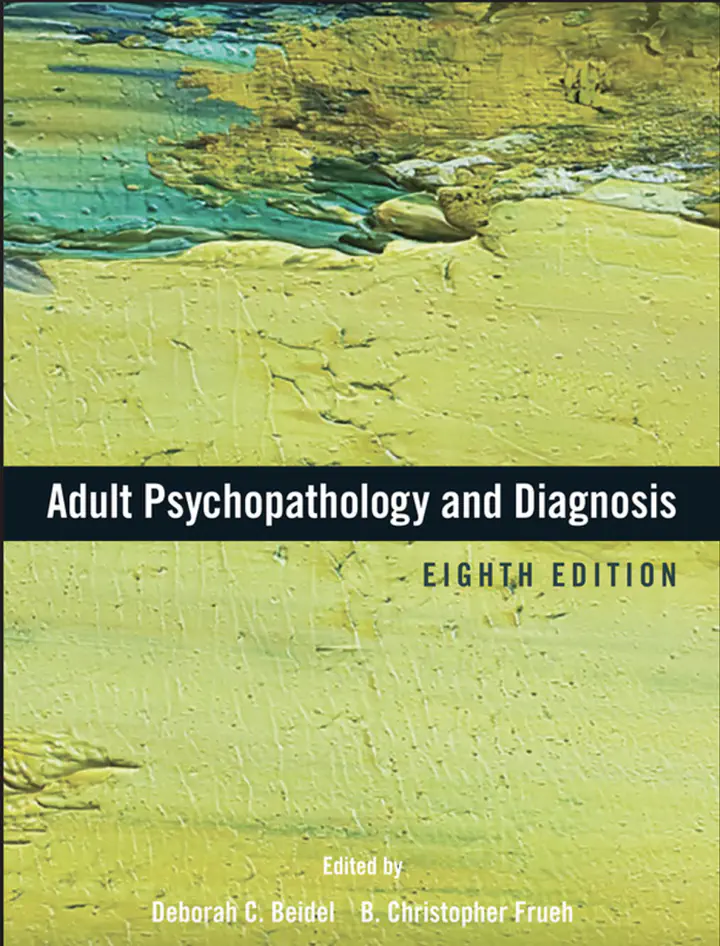Psychopathology

Psychopathology
Course Overview
-
Welcome to the course of Psychopathology! Before taking this course, you are encouraged to have taken Abnormal Psychology, and Physiological Psychology. Additionally, students with some knowledge of counseling and therapy will have more to gain from this course, so it is also encouraged that you take Introduction to Counseling and Therapy.
-
The main objectives of this course are:
- (1) To learn and understand the knowledge related to psychopathology (diagnosis of psychological disorders, pathological mechanisms of various types of psychological disorders), to learn about the latest developments in psychopathology, and to be able to integrate clinical phenomena with psychopathological mechanisms to promote effective diagnosis of patients with psychological disorders and their understanding of the psychopathological mechanisms of their pathology;
- (2) On the basis of the previous course learning, to further possess or improve the skills of clinical questioning, assessment and diagnosis of common psychological disorders, and to be able to initially apply the theories learned to different clinical cases.
-
As we encounter in the clinic, psychotherapy is a very complex process, and mastering it requires a long period of time, and this course will lay a solid foundation for you to enter the subsequent study of clinical psychology. I am very glad to start learning and exploring the mysteries of psychopathology with the students who take this course, and I also hope that the students who take this course can actively participate in the teaching and master the required knowledge and basic skills through teaching, literature reading and discussion, so that our teaching and learning can become an effective interactive relationship, and lay a good foundation for further study of psychotherapy in the future.
Syllabus
- Week 1 An Overview of Psychopathology: from categorical to dimensional approaches
- Week 2 Brain evolution, emotion regulation, and the vulnerability for emotional disorders
- Week 3 Brain, Experience and Destiny: Understanding psychopathology from the inter-generational biosocial-developmental model
- Week 4 Defining Characteristics of the Major Clinical/Psychological Disorders
- Week 5 Schizophrenia
- Week 6 Mood Disorders
- Week 7 Anxiety disorders
- Week 8 PTSD & OCD
- Week 9 Somatoform and Dissociative Disorders
- Week 10 Feeding and Eating Disorders
- Week 11 Sleep disorder
- Week 12 Gender Identity Disorders, Sexual Dysfunctions, and Paraphilia
- Week 13 Substance-use disorders and Addictive disorders
- Week 14 Understanding personality disorders
Supplemental materials
Additional learning materials include videos of Psychiatric diagnosis made by our teaching assistant Hanyu Peng. Links at: https://youtube.com/playlist?list=PLa3WmTo5sK-rm9my_ELY1QF74MYoIFOPT&si=DQo8_RLthVoflQHQ